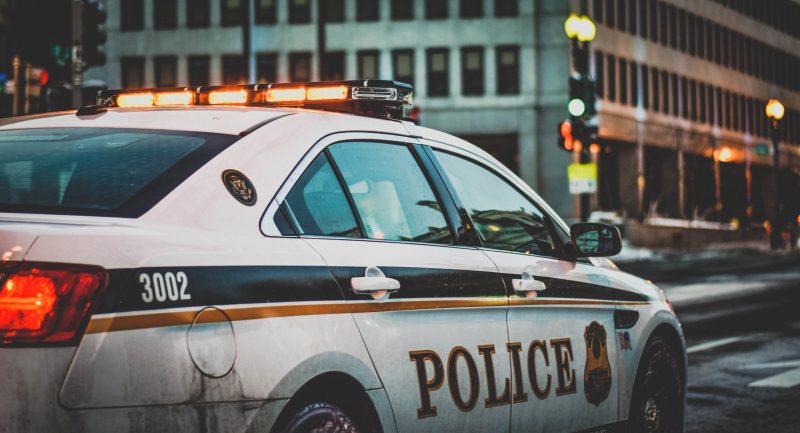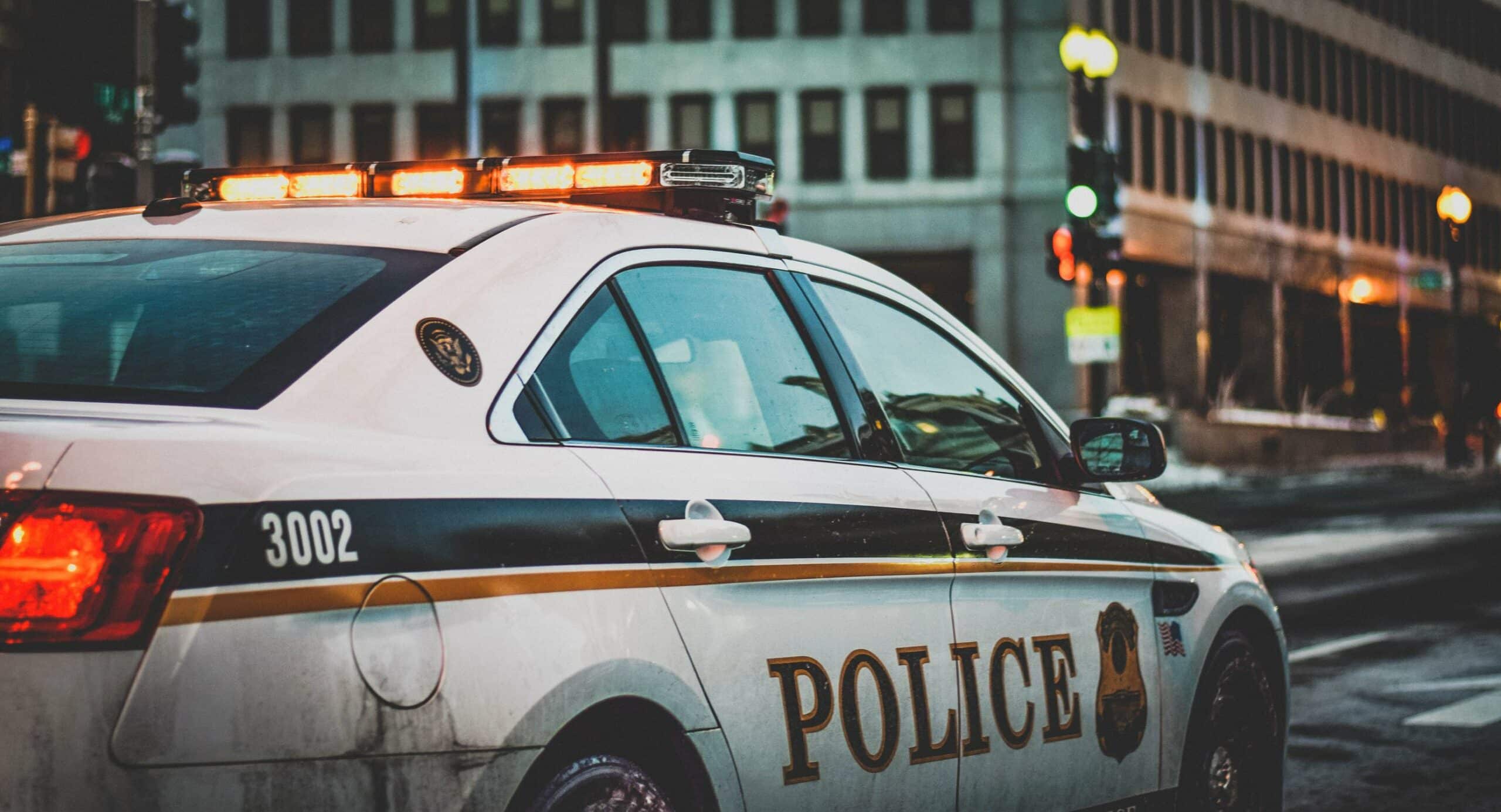Every day, thousands of children walk themselves home from school, and they’re perfectly safe. In some areas, a six-year-old child walking home alone will be fine. In other situations, a child walking home alone will result in a CPS case.
Look at the case of Debra Harrell, a working mother who left her child at a nearby park. The child was almost ten, had a key, and the park was a part of a government program where an adult served meals.
She could have walked home, or to her mother’s work. However, Harrell found herself in handcuffs and in the midst of a court case that shocked the nation. It also raised the question of what age can a child play outside unsupervised?
In this article
What Is Unsupervised?
To some parents, unsupervised means not being in the same area as your child. To CPS, unsupervised often translates into not being able to see your child.
If your child is playing outside and you run inside to go to the bathroom, your child it technically unsupervised for those few minutes.
If you cannot see them because you’re talking to other parents at the park, this can turn into a lack of supervision. It’s important to note this in case you run into problems later on down the road.
Laws Regarding Supervision
It’s always important to consider state laws. Some states, like Ohio, don’t put an age limit on when a child can be left unsupervised. Children can technically be left home alone at eight years old, and this doesn’t warrant even an investigation.
However, it’s also assumed that a parent knows when their child is mature enough to be home alone. If something happens to a child because they weren’t mature enough to be home alone, then it can quickly become neglect.
View in gallery
Other states have different rules. In California, no age limit is specified for leaving a child home alone. The law does state that children under the age of 10 cannot be left alone in a car, though.
Illinois is the state with the strictest law, where it’s illegal to leave a child home alone under the age of 14. There is a complete list to keep in mind here.
Agencies Can Still Take Matters Into Their Own Hands
Despite the fact that it isn’t illegal to leave a child home alone in many states across the nation, several states have agencies that will still investigate and take matters into their own hands.
Some Children’s Services agencies declare that they’ll investigate any case reported of a child unsupervised under the age of 12, as this is the age recommended that it’s okay to leave children home alone even though it’s not a law.
Other agencies will investigate any case of an unsupervised child, ensuring that none of these calls get screened out.
Schools May Try Force Parents To Be There After School
Some schools have enacted their own sets of rules to prevent children from becoming “latchkey kids”, such as the ones that were home alone for hours until their parents got off work.
These schools have enacted rules, such as children under a certain age are not allowed off the bus or to leave school unless they’re with an adult.
Other Recommendations
Many places, including Nationwide Children’s Hospital, advise against leaving a child under 12 years old home alone. They further state that this should only be for a few hours.
They clearly state that no child should ever be left home alone overnight. However, these are guidelines, not laws. This also applies to children playing outside unsupervised, as do other supervision laws.
There Is No Legal Age In Most Areas
There is no legal age when a child should be allowed to play outside alone in most areas. This is because parents have the right to raise their children as they see fit, and every situation is different, which makes it impossible to place an age on this.
One child might be ready to play outside by themselves at nine, whereas another child might not be. Because of this, there are several guidelines and things to consider that can help parents decide what age can a child play outside unsupervised.
Playing Out Back Unsupervised
There are two different versions of being outside unsupervised. One of them is simply playing in the back yard. This could be a few minutes or a few hours.
View in gallery
Most parents can easily check on their children as they play in the backyard by glancing out the window. This is a lot different than letting a child go play in the neighborhood with friends.
Following Directions
By nature, children are very curious. If they’re told not to go around the corner, they’ll want to see what is around the corner. Likewise, children will go through phases in which they test their limits.
It’s important to make sure that your little one is willing and able to follow directions so that they are safe when playing outside unsupervised.
Consider Developmental Delays And Medical Conditions
Another important factor to consider is your own child’s developmental needs, etc. While a child might be doing wonderfully, if they have ADHD they are more likely to be more impulsive.
This means that they might not think before running out into the street to get a ball that rolled away.
Watch how your child acts around the house and pay attention to how often you need to intervene when they are playing outside to determine if this will be an issue.
Is The Yard Fenced In?
If your backyard is fenced in, children around the age of six might be fine playing outside by themselves for a few minutes, or as long as you can see them from the kitchen window.
If the yard isn’t fenced in, younger children shouldn’t be left unsupervised as they might have difficulty following invisible boundaries.
- This fence is designed for semi-permanent residential applications that are not Subject to intense wear and tear
- Package comes with 2 units for a total of 116in of fence
- Assembles and installs with relative ease- no digging required! simply insert pointed stakes into the ground
- Swooped style pickets offer decorative look to add aesthetic appeal to any yard or garden
- Perfect to contain Small pets or Small children; not recommended for large dogs
- Made with weather resistant vinyl with a 10 Year Warranty. Wont crack, warp, yellow, splinter, or rot. No painting, staining or maintaining required!
Prices pulled from the Amazon Product Advertising API on:
Product prices and availability are accurate as of the date/time indicated and are subject to change. Any price and availability information displayed on [relevant Amazon Site(s), as applicable] at the time of purchase will apply to the purchase of this product.
Stranger Danger
One of the first things that children learn when playing outside by themselves is about stranger danger. Make sure that your little one knows what to do if they are approached by a stranger.
They should know to come inside immediately and tell you. Go over this lesson several times before letting your child play outside unsupervised.
Warn Of Dangers
Is there a busy street nearby? Is an overgrown parking lot full of rusty nails? Houses they should avoid? Make sure that your child is well aware of possible dangers, and that they should avoid them.
Make sure to explain why they should be avoided to ensure that curious children don’t go check it out when you’re not looking.
Roaming Children
Children roaming around the neighborhood to play with friends, or by themselves, calls for a few different considerations than a child playing out back by themselves.
View in gallery
Parents should follow the same guidelines listed above for making sure that kids are safe, with a few extra considerations.
Know The Neighborhood
Before letting your kid roam the neighborhood, make sure they know their way around.
Go for walks together as a family, or send them up the road to the store a few times so that they can get familiar with the surrounding area.
This will help them feel more comfortable if they are just now allowed to leave the backyard.
Teach Them Their Address And Phone Number
Children should always know their phone number and address. As soon as they’re old enough to learn them, teach them to them. Before letting them walk around the neighborhood, double-check that they know them.
Most parents prefer that their child also know an emergency contact as well in case they cannot get ahold of them.
Consider A Cell Phone
View in gallery
If your child is old enough to walk home by themselves, or roam the neighborhood, most parents consider this old enough to have a cell phone.
If your child isn’t allowed on social media, there are phones available that are very basic and not smartphones. This’ll still allow you to keep in contact with your little one, or give them the opportunity to call you.
However, there are key advantages to owning a smartphone, such as having a GPS. This can be helpful if you’ve just moved and your kid is still learning the neighborhood.
Know Their Friends
It’s not only important to know your kid when they’re leaving home alone. You also need to know their friends. Sometimes children can fall into the wrong crowd, which can lead them into dangerous situations they would not otherwise be exposed to.
This is why it’s important to get to know their friends, and hopefully their friend’s parents before they’re allowed to leave with them.
It’s important to help them make wise decisions when they’re younger to lay the foundation for good decisions when they’re older.
Knowing what age can a child play outside unsupervised is extremely important, not only to avoid a felony neglect charge but to protect your children. Always consider state laws, your own child, and what you’re comfortable with when making this decision.







